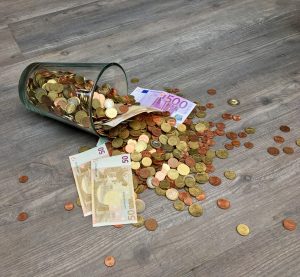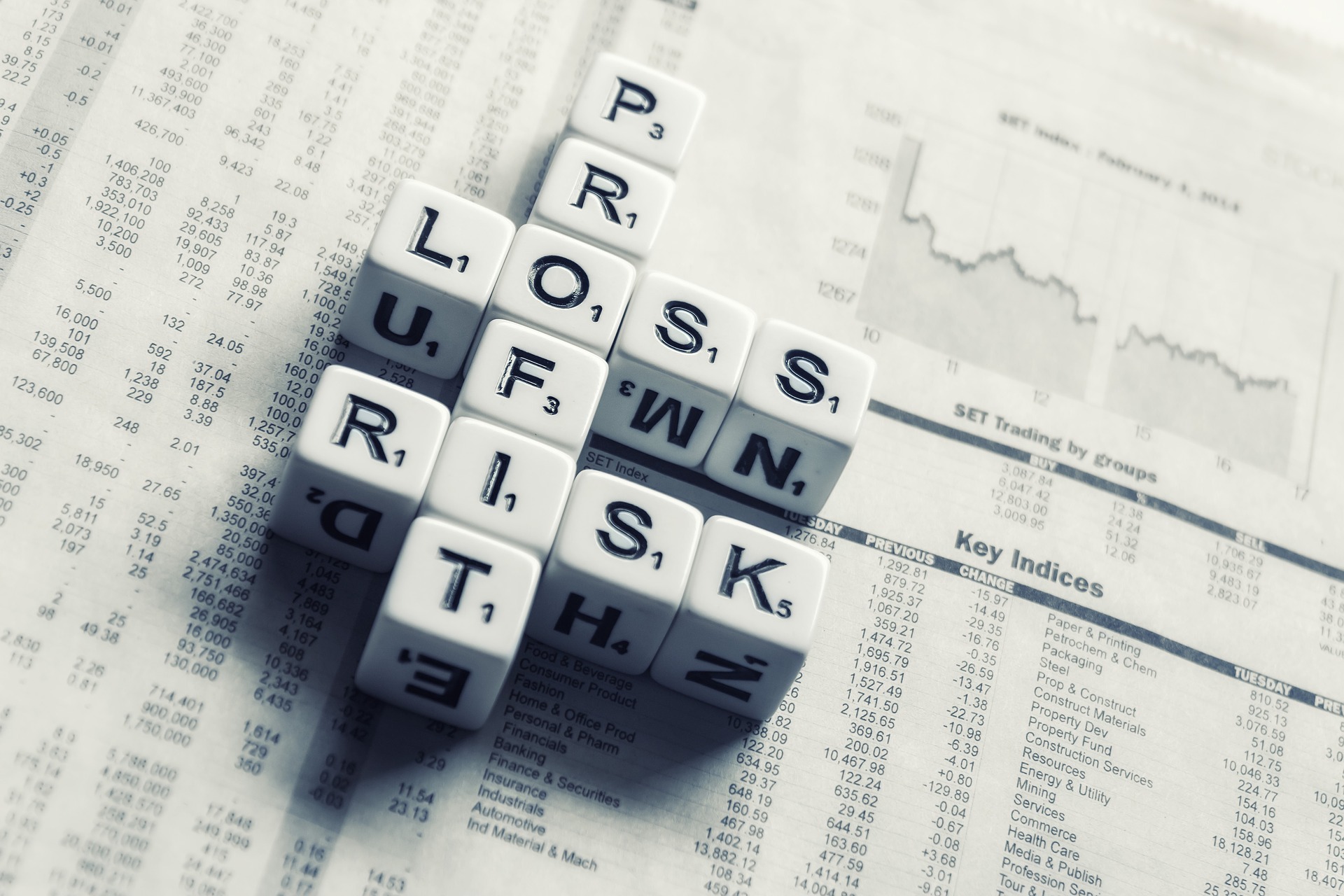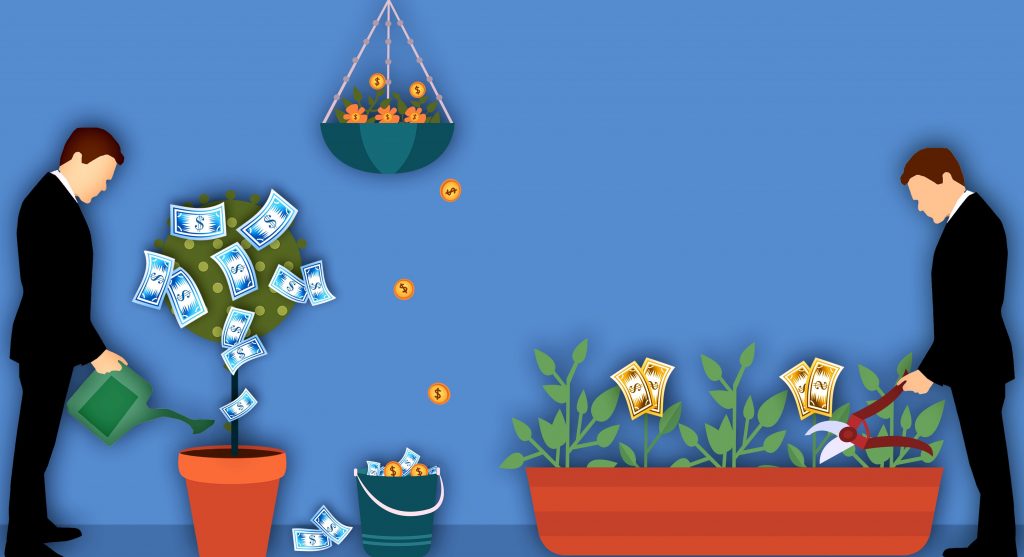With economies collapsing worldwide, Airbnb raised $1 billion from Silver and Sixth Street Partners in April. However, the online lodging portal had to sweeten the deal with a 10 percent interest rate and guarantee investors could sell their stakes at a fixed price. And those investors valued Airbnb at half what it had been in 2017 when the company first raised cash. “Such generous terms [by Airbnb] would be unimaginable under normal conditions,” Bloomberg Opinion columnist Alex Webb wrote in the Economic Times in April.
Webb noted such a trend would dominate the global venture capital scene in 2020 and beyond. “As equity markets tumble, private market valuations are also falling,” he said. “And as companies need cash to see themselves through the crisis, ready access to capital is also drying up. That’s creating windows for private equity funds to invest under more favorable conditions.”
Accordingly, venture capitalists need to change how they approach deals. For one, the crisis is due to governments telling businesses to shut down, not bad investment decisions that venture capitalists can fix. “In downturns, revenue and cash levels always fall faster than expenses. In some ways, business mirrors biology,” according to a Sequoia Capital release in March. “As Darwin surmised, those who survive ‘are not the strongest or the most intelligent, but the most adaptable to change.’”
Financing risk
Venture capital has paved the way for some of the world’s best-known businesses to become multibillion-dollar enterprises. The list includes Facebook, Twitter and Linkedin. “If these venture capitalists got lucky, they would have one, two, or three of these moonshot successes in their fund portfolio. This would then give them the return on investment they needed to fall in line with their investors’ expectations. That’s it,” said Tristan Pollock, entrepreneur in residence at 500 Startups, a global incubator and venture capitalist firm, in Entrepreneur magazine in March.
For a company, working with a venture capitalist means it would get more value than it would from an angel and other early-stage investors. “If changing the world (and likely generating enormous wealth) is the stuff entrepreneurial dreams are made of, venture capital usually provides the financial fuel for realizing those dreams,” Paul Jones, director and investment advisor for Angels on the Water, wrote to Lexology in March.
Nevertheless, the relationship between investors and businesses that receive funds can be quite sensitive as venture capitalists seek the best value for their money. “They think in terms of making tenfold on each investment,” said Jones. “That’s because [they] are lucky if two in 10 investments actually deliver the goods.”
Business owners, on the other hand, want to retain control of their companies and might be satisfied with lower returns. “It’s probably the only business where offering an investor a surefire quadrupling return is a good way to get turned down,” said Jones.

Slowing down
The coronavirus-induced recession, however, may push venture capitalists to take their time. “Instead of giving people three to four months, you may need to give more time, five to six months, depending on how long this lasts,” Chua Kee Lock, CEO of Vertex Holdings, a subsidiary of Singapore state investor Temasek, told Arab News in March.
Venture capitalists might even suspend additional investments in the next few months. “Despite their vast years of experience, neither these investors nor anyone within the startup ecosystem for that matter [has] ever dealt with something of these dimensions,” wrote Mariana López, a researcher for Contxto, a venture capital news portal in South America. “Naturally, that means they’ll be proceeding with greater caution in the coming months. In sum, expect funding to slow down because markets are far too unstable to offer a reliable picture for investing.”
New strategies
500 startups, an early-stage venture fund and accelerator based in San Francisco, surveyed 139 venture capitalists about their vision in the wake of the coronavirus pandemic, which the IMF says could shrink global GDP as much as 6 percent.
Nearly seven of 10 surveyed had either a negative or somewhat negative outlook on early-stage investment activity. That will likely last “one to two years,” respondents said, as reported by NASDAQ in April.

Despite that dim outlook, more than half of the respondents were not sure what would be a prudent strategy. Meanwhile, 26 percent said they would continue their pre-coronavirus plans for this year.
The survey also identified investment priorities as healthcare (46 percent), remote work solutions (42 percent), logistics (32 percent) and productivity software (28 percent).
Regardless of their views and confusion over what to do next, survey respondents stressed that portfolio companies should cut costs. They also will need to adjust their business models to survive if income remains constant, NASDAQ reported.
On the ground, a significant change going forward is that venture capitalists may find it harder to exit their portfolio companies as per their pre-coronavirus plans. “There’s a diminished outlook for digital health initial public offerings in 2020,” according to Heather Landi, senior editor for Health IT, in Fierce Healthcare in April.
Selling to private investors and investment firms also is not likely to happen as investors liquidate assets to stock up on cash. “On the eve of President Trump declaring COVID-19 a national emergency, the New York Times reported something weird happened on Wall Street as traders ran for cash,” said Henryk A. Kowalczyk, founder and manager at Virtual Agora. “They were selling everything they could […] a week later, in its headline, the Wall Street Journal proclaimed: Wild rush for cash rattles markets.”
Chima Ubani, a corporate partner at Osler, Hoskin & Harcourt LLP law firm, believes venture capitalists likely will have to renegotiate deals with their portfolio companies to extend their commitment periods in anticipation of a slowing pace of new deals.
Portfolio companies, on the other hand, probably will need more money than anticipated to survive, said Ubani. “Funds may need to borrow more through subscription lines and other forms of debt during these times,” he told Ostler in March.
That could give rise to a liquidity crunch as banks and other international financing institutions may not be open to lending at regular rates during the downturn. In April, the IMF said this crisis would be more severe than the 2008 crash while offering no specific predictions of its length or severity.

Deals for thought
The deals venture capitalists are likely to consider this year are those whose funds were raised before the global lockdown. “We would expect investors will continue to deploy capital […] but perhaps they will be a bit more reserved and cautious,” Sean Day, a researcher at Rock Health, told Fiercehealthcare. “At the moment, we are not expecting a sharp contraction in the funding environment. We expect the moderation that’s been going on the past 12 to 18 months to simply continue.”
Deals that go through could heavily favor venture capitalists as the market is high-risk for them. At the same time, companies seeking such funding might need cash urgently to survive. Like Airbnb, company owners might find themselves offering extra incentives, such as exit guarantees with no obligation to reinvest in future rounds. They might even guarantee a fixed minimum valuation for the company and dividend payments, David Felman, corporate and tax group co-chair at the National Law Review, said in an April blog. Another concession could be beefed-up oversight over business decisions.
Regardless of the peculiarities of those deals, venture capital investment will go on in 2020. “Any disaster or shock to public confidence distracts and worries people, including those with checkbooks, and this is no exception,” Matthew Ocko, co-founder of the Venture capital firm DCVC, said in an email to Arab News in March. “Good startups will continue to be funded, but there may be delays and friction.”







